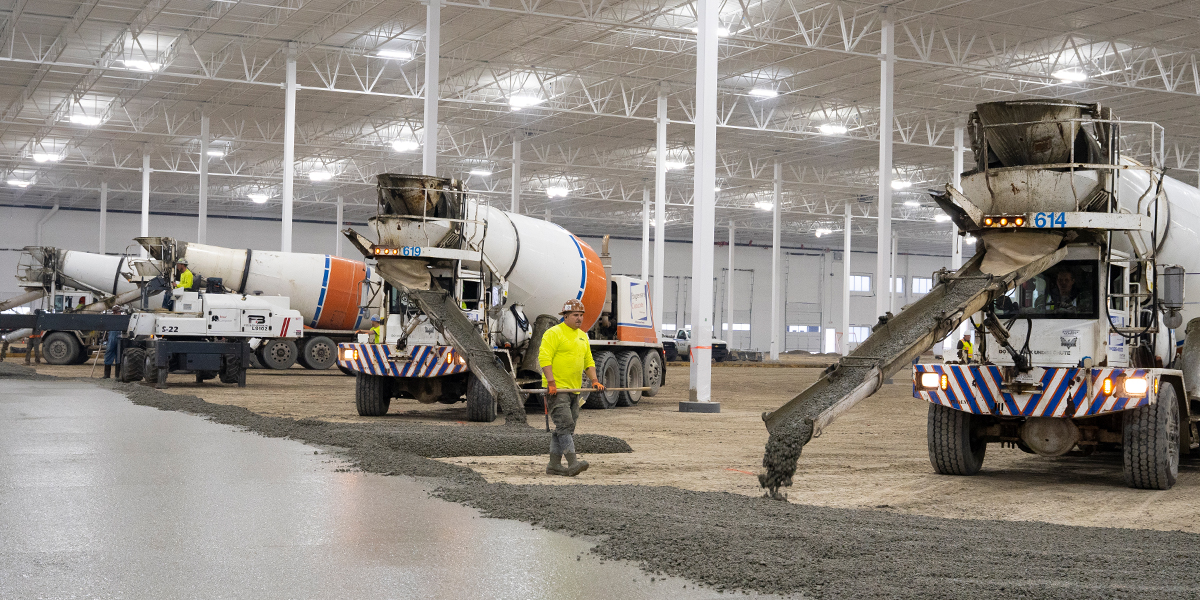There’s an innovative solution to conventional labor-intensive, time-consuming processes in ICF construction and it’s only produced by Helix St
Safety is the most important part of every construction site, yet anyone with a head on their shoulders will tell you that there is still much that needs to be done to ensure a safer experience for crews. Especially when it comes to installing concrete reinforcement.
Injuries due to exposed, dirty, protruding steel have been commonplace occurrences in the construction industry since the invention of steel reinforcement generations ago. Today, OSHA statistics show that 61% of construction accidents are due to impalement from rebar. As the industry continues to ramp up and address the ever-increasing demand for infrastructure, the rise in injuries continues.
Fortunately, there’s a solution to greatly reduce the number of rebar injuries. It doesn’t involve removing reinforcement. It involves replacing it – with the next generation of concrete reinforcement called Helix Micro Rebar.
This alternative reinforcement technology is a twisted piece of 100% steel one inch in length, mixed with concrete to create a strong solution that prevents cracks from forming better than rebar or mesh ever could.
Helix Micro Rebar is considered a miracle reinforcement in the industry. It can be specified at lower doses than fiber, while also making your concrete much more workable.
Imagine your worksite with up to 100% less rebar. What would it mean for your team’s health and safety?
Reduce Immediate Harm to Laborers
Look at your average concrete pour site and you will see protruding rebar, sharp metal scraps lying on the ground and rusting piles of heavy steel – dangerous liabilities for any site. Add in dozens of crewmembers lifting, laying, tying and walking for weeks on end and you have yourself a recipe for a safety disaster.
Although the most common rebar injury is impalement, there are many other ways that you likely encounter injuries with this not-so-friendly reinforcement. Lean over for weeks tying off rebar on a warehouse slab and someone can exhibit significant back pain. Pick up rebar the wrong way and there are cuts and pinches at every turn. And even once rebar is installed and ready for concrete, there are countless opportunities for crews to slip, trip and fall, creating instant damage to themselves and their hard work.
Decision-makers have the responsibility to use safer materials when they are available, and reduce the number of laborers put in harm’s way when it is an option to do so.
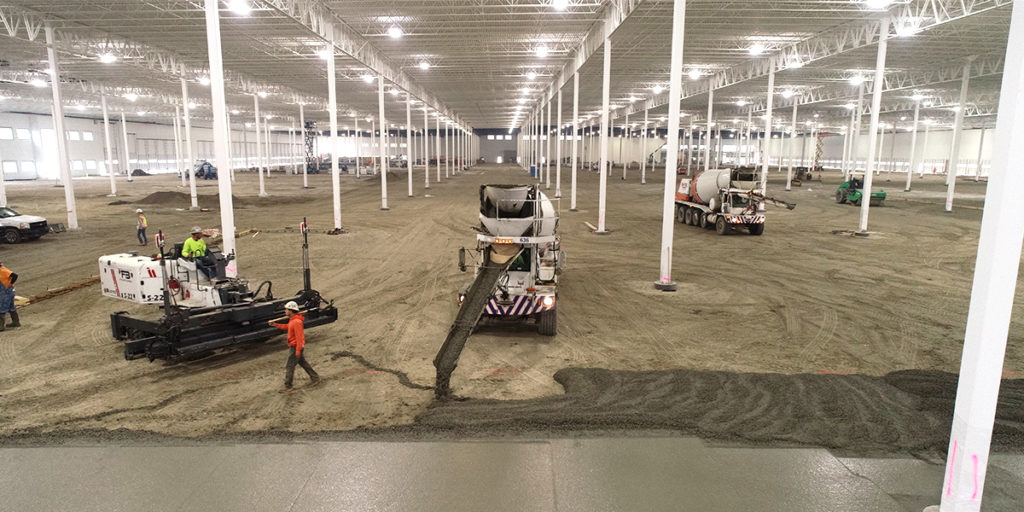
Reduce Long-Term Medical Issues to Laborers
Developers, engineers and contractors are a construction crew’s lines of defense when it comes to looking after their long-term health. Laborers trust those above them to use only products that will reduce long-term issues to their body. So, when contractors insist on using heavy, unwieldy rebar for their projects, they are essentially giving their crews a life of back pain, knee injuries, hip surgeries and calloused hands. Removing these dangers is essential to maintaining a safe jobsite.
Reduce Harm to Your Crews With Helix Micro Rebar
“A huge selling point for me when it comes to Helix Micro Rebar is the safety,” says Casey Harvey, Director of Operations for Custom Concrete. “It’s a huge risk mitigation issue. You don’t have to move as much rebar around. It’s not a housekeeping issue. It’s not a material handling issue, and you don’t have to expose your people to strains and scrapes.”
Since 2003, Helix Micro Rebar has been safely used in more than 10,000 projects across North America, on a wide variety of concrete applications from concrete slabs and ICF walls to tunnels and foundations.
By choosing Helix Micro Rebar, the concrete industry is helping to make a healthier, safer, faster, better and easier way to build. Contact us for a custom quote for your next project.
P.S. For all of our readers thinking that there are cheap fibers you can buy online that will solve this safety problem, plastic fibers are actually weaker than concrete, and only start to do their job once concrete has already cracked. Read all about it!
More News
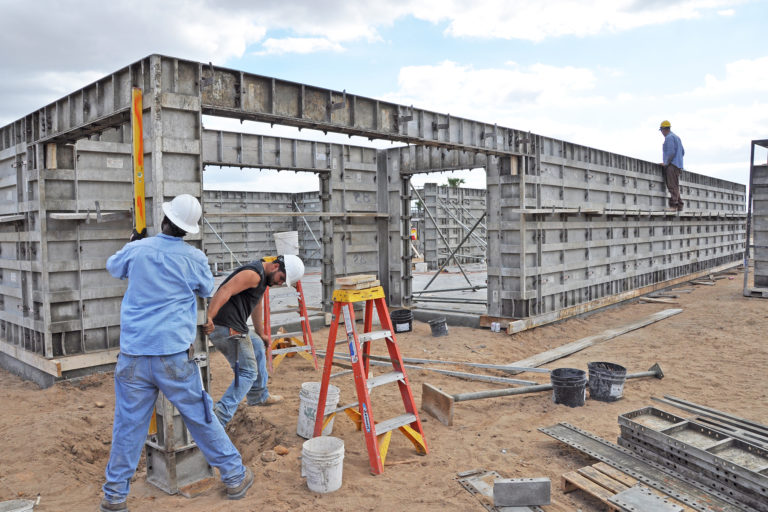
Building Better Homes Starts with ICF and Helix Micro Rebar
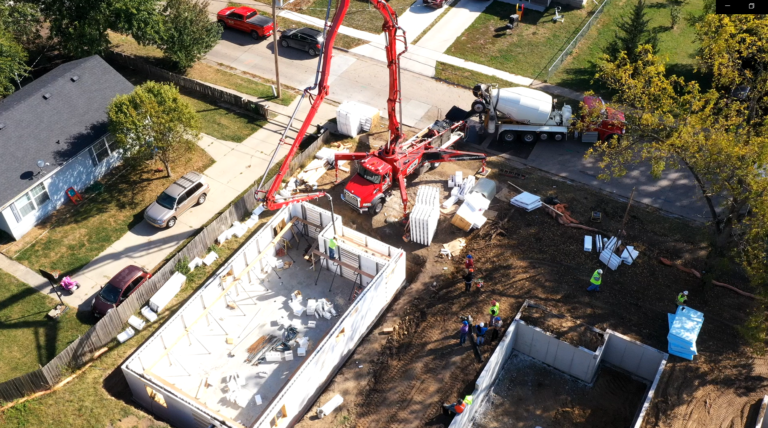
The Better Way to Build in Every Direction
Whether you’re building below-grade or above-grade, the tiny twisted concrete reinforcement known as Helix Micro Rebar is taking the construction world in new directions
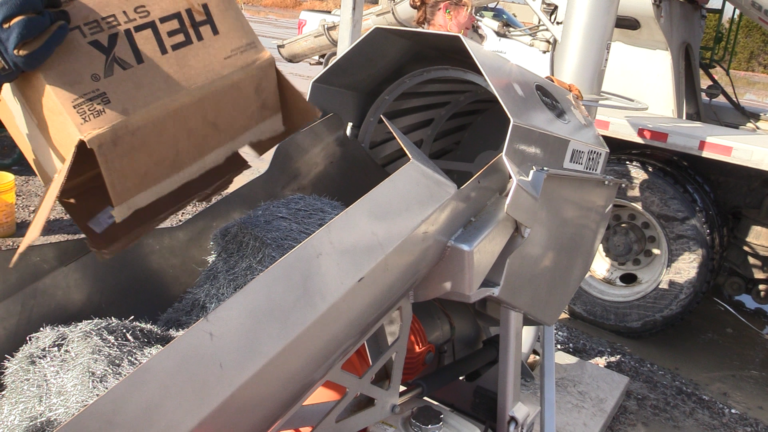
Is Your Business Still Living in the Rebar Age?
If you’re in the construction industry to improve buildings, revolutionize processes and work smarter, it may be time to rethink your concrete reinforcement.

